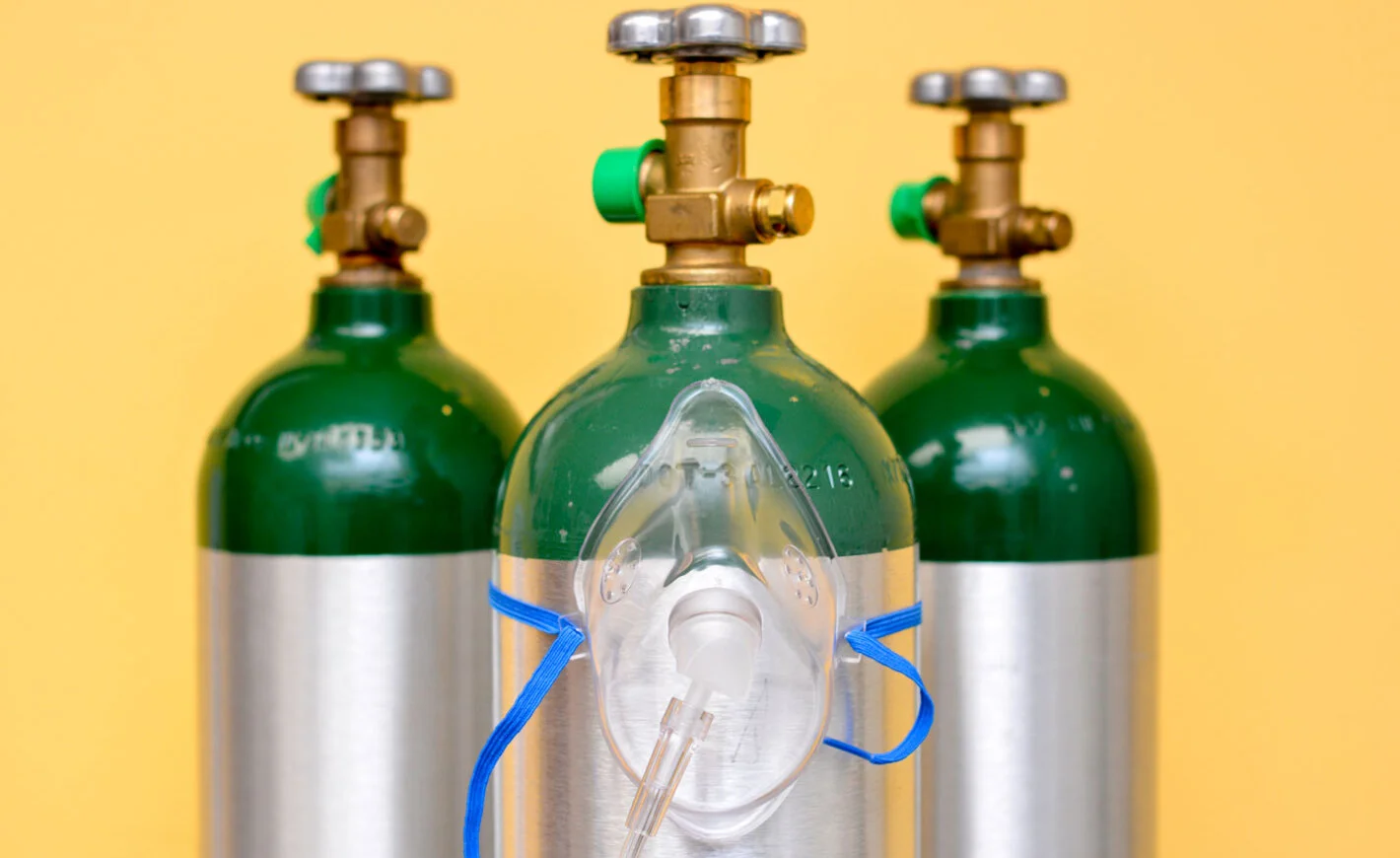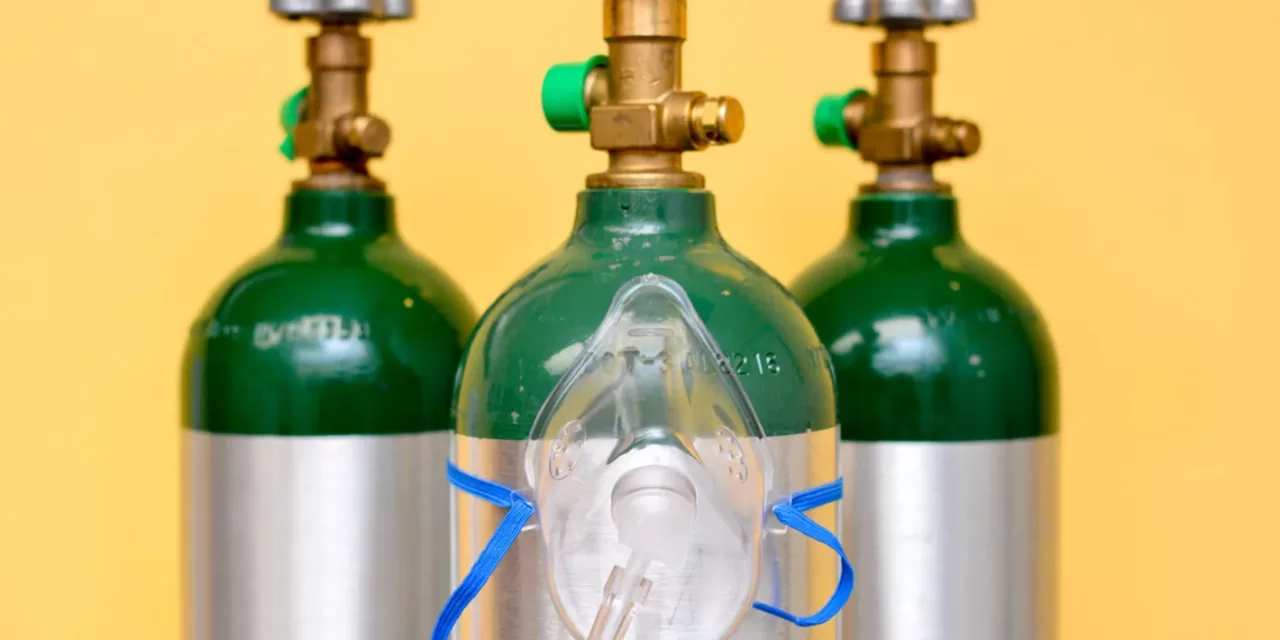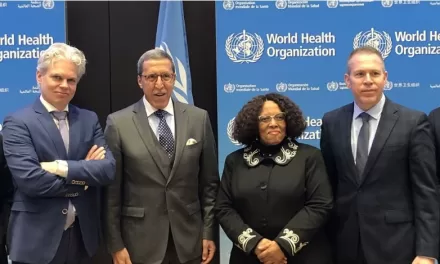
In preparation for the upcoming UN High-Level Meetings on Pandemic Prevention, Preparedness and Response, Universal Health Coverage, and Tuberculosis taking place from September 20th to 22nd, 2023, approximately 20 leading international agencies are urging world leaders to give prominence to the accessibility of medical oxygen in their healthcare strategies, policies, and funding.
The Global Oxygen Alliance (GO2AL), established in May 2023, features Unitaid and the Global Fund to Fight AIDS, Tuberculosis, and Malaria as co-chairs, with the Pan American Health Organization (PAHO) and the Africa Centres for Disease Control and Prevention (Africa CDC) as vice-chairs. Unitaid, the World Health Organization (WHO), and UNICEF share the secretariat. GO2AL is urging world leaders to incorporate the 2023 World Health Assembly Resolution on Increasing Access to Medical Oxygen, which received unanimous support from all 194 WHO Member States, into the agendas for universal health coverage, pandemic preparedness, prevention and response, and tuberculosis.
Philippe Duneton, Executive Director of Unitaid, stressed, “Medical oxygen is a life-saving medicine vital for pandemic prevention, preparedness, and response, achieving universal health coverage, and combating tuberculosis. To enhance access and affordability of medical oxygen for those in dire need, innovative methods of production, delivery, and tools adapted for use in resource-limited settings are imperative.”
Medical oxygen serves as an irreplaceable life-saving medication, crucial for treating acute and chronic respiratory ailments such as COVID-19 and pneumonia. It is indispensable for surgical procedures, trauma care, emergencies, critical care, and the treatment of elderly patients, pregnant women with obstetric complications, and newborns suffering from respiratory distress. Additionally, medical oxygen supports the management of opportunistic infections stemming from advanced HIV infection, severe forms of tuberculosis and malaria, as well as non-communicable diseases including chronic obstructive pulmonary disease and cardiovascular conditions.
Peter Sands, Executive Director of the Global Fund, emphasized, “Access to medical oxygen and respiratory care is an essential component of resilient and sustainable healthcare systems and a vital element of pandemic preparedness. Investments in oxygen delivery systems will save lives now and build surge capacity for countries to respond to future health threats.”
For many years, low- and middle-income countries (LMICs) have grappled with severe shortages of medical oxygen, with fewer than 50 percent of healthcare facilities having uninterrupted access to it. This scarcity has dire consequences for the most vulnerable populations. For instance, out of the 7.2 million children with pneumonia requiring critical medical oxygen annually in LMICs, only one in five children receives the treatment they need. The COVID-19 pandemic has exacerbated these persistent shortages, resulting in avoidable deaths and placing immense strain on already fragile healthcare systems.
Maurine Murenga, Executive Director of the Lean On Me Foundation and the Communities Constituency for GO2AL, shared a personal perspective, stating, “Availability of medical oxygen can be a matter of life and death that requires deliberate political commitment. I stared at death when I was diagnosed with COVID-19 due to delayed access to oxygen therapy owing to cost and inadequate supply. Families experienced preventable deaths that would have been averted with availability of affordable medical oxygen. Without the prioritization and sustained support from governments, access to this crucial resource will remain a hindrance to provision of quality health care and efforts in saving lives.”
GO2AL is urging governments and healthcare systems to:
- Prioritize access to medical oxygen in healthcare strategies, policies, and financing to support universal health coverage and pandemic prevention, preparedness, and response.
- Ensure reliable access to medical oxygen therapy for individuals, especially children, newborns, pneumonia patients, pregnant women, and surgical patients with respiratory and critical illnesses.
- Develop comprehensive guidelines for the use of medical oxygen in the care of tuberculosis patients to support holistic treatment.
Access to a sustainable and dependable supply of medical oxygen in LMICs is pivotal for achieving the health-related objectives of the Sustainable Development Goals by 2030. This includes advancing universal health coverage, bolstering pandemic preparedness, prevention and response efforts, and ending epidemics like tuberculosis.
Quotes from other GO2AL members include:
Jarbas Barbosa da Silva Jr., Director of PAHO, remarked, “The pandemic highlighted how important it is to guarantee access to a sustainable, reliable supply of medical oxygen in LMICs. This is a crucial aspect to achieve universal coverage and access, based on a strong and renewed primary health care.”
H.E. Dr. Jean Kaseya, Director General of Africa CDC, underscored, “The COVID-19 pandemic has laid bare a long-ignored aspect of health capacity in LMICs. Therefore, sustainable investments in medical oxygen must be prioritized in the ongoing global discussion on pandemic prevention, preparedness, and response and universal health coverage.”












